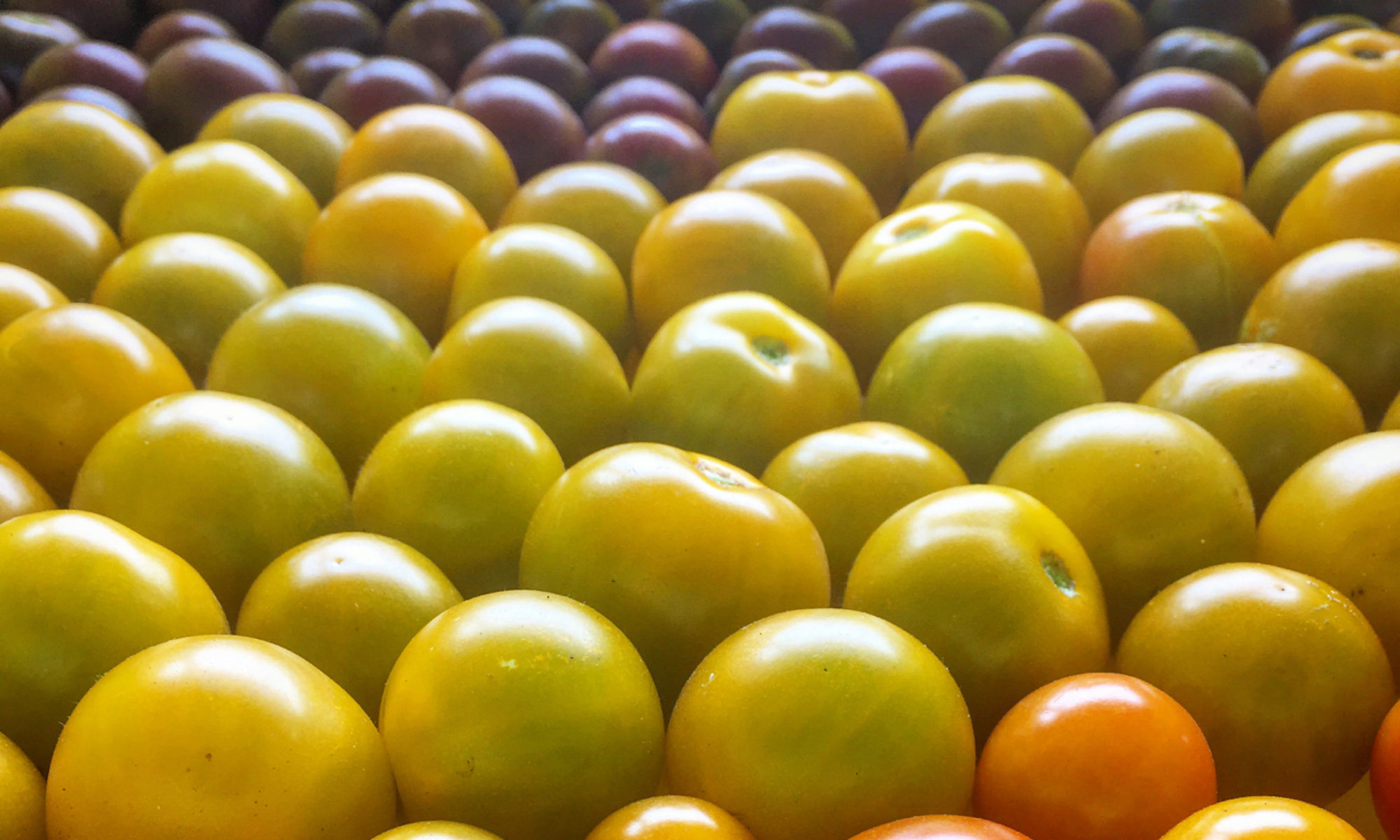A reader of mine up in Canada who is doing a similar sized project wrote me with a couple of questions, including the one above. This question of relative benefits of different sizes is something I’ve put a lot of thought into, and that I feel is very personal in many ways. I’ll give a short answer here, and hope to get back to it in future posts.
It’s hard to talk about the benefits of getting bigger without talking about the benefits of being smaller too, but I’ll try. Probably the number one benefit of getting bigger is a narrow kind of efficiency, commonly referred to as “economy of scale.” As I understand it, in financial analysis of businesses there are the “fixed” costs, which basically don’t change if you produce more or less, and then there are the “variable” costs, which are directly related to how much you’re producing. One thing that economy of scale means is that by producing more you are able to spread out the fixed costs. In English, the time I spend doing accounting, or crop planning for the farm isn’t really going to change whether I am growing 1/10th of an acre, or 100 acres, as long as I’m basically buying the same set of inputs and using the same plan, just scaled up. It doesn’t take me any more time to order a five pound bag of seed than it does to order the 1 oz bag, so the fixed cost of ordering the seed is the same regardless of scale, although the variable cost of the seed itself changes.
If I scale up to 100 acres I’m now paying 1/1000th of the fixed cost per acre that I was when I was growing only 1/10 of an acre. If the production scales I’m grossing 1000 times as much but my fixed costs are the same. Suddenly my fixed costs, which were 10% of my gross, are just a small fraction of a percent, completely negligible.
Another benefit of scaling up is the ability to take advantage of lager equipment, especially where internal combustion engines are concerned. It takes me 2-3 hours to do the bed preparation by hand that a tractor would do in a minute or less. I probably spend a couple thousand dollars in bed preparation per year which is basically all labor, but also includes a couple hundred dollars in hand tools. The tractor labor and fuel would cost me a fraction of the price, quite literally something like 1/50th of the cost, or in the ballpark of $40. The problem is that the tractor itself, with the implements, costs, $10,000-$40,000, even used . You can see that over a long time this would pay off, but in the short term the tractor is much more expensive. However, if I’m working 100 acres, now my bed preparation costs are 1000 times greater and the up front cost of the tractor pays for itself in the first season.
Trying to get beyond the pure economic arguments, there are a few reasons I think about growing my own farm. One reason is to include more people, essentially creating a larger community. This creates possibilities for collaborations, cross pollination of ideas, and also daily companionship. Another reason someone might want to get bigger is just that they aesthetic, and perhaps loosely bunched into that is the desire to work with larger equipment, larger scales. This is very pervasive culturally I think, whether there is any actual benefit to being larger. Think about the number of folks who drive a vehicle much, much larger than what they actually need (the oft cited Hummer being the extreme example). In an economic sense this is silly, as it’s adding cost unnecessarily. We all do it to some extent though, none of us really just gets by on the minimum we need to survive. The way the farm feels might be just as important as relative economic performance (although that will also have an impact on how it feels, it’s all connected).
That’s a vastly over simplified view of benefits. I haven’t really talked about drawbacks, or why I choose to be the size I am. I’ll hope to get more of that up in the future.


